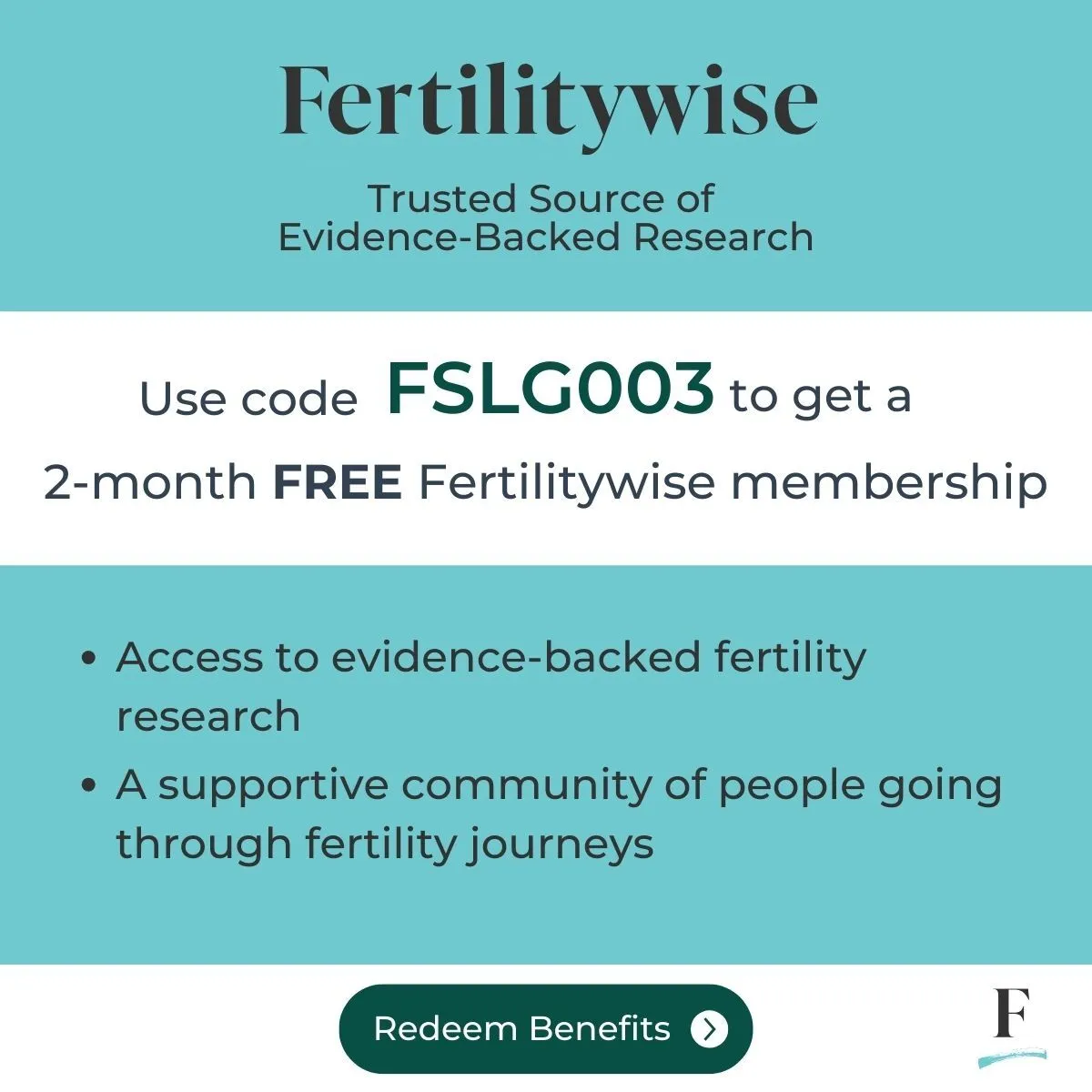Deciding to become a surrogate is a profound and life-changing choice. Among the many criteria for surrogacy, age is one of the most significant factors.
Surrogacy agencies and doctors often set an age limit to be a surrogate mother. Knowing why these limits are in place can help both surrogates and intended parents feel more at ease during the process.
This article looks at the details of age requirements and limits for gestational surrogates. It discusses the potential risks and remedies involved and the legal and practical issues to consider.
Key Takeaways:
- Age Guidelines: Most surrogacy agencies prefer candidates between 21 and 40, though some may consider healthy women up to 45.
- Health First: While age is a factor, overall health, fitness, and prior successful pregnancies are more critical than age alone, especially for older candidates.
- Exceptions Possible: Highly healthy women over 45 with a strong pregnancy history might be considered, but with increased awareness of potential risks.
- Beyond Physical: Emotional maturity and readiness are as vital as physical health for a successful surrogacy journey.
- Legal Clarity is Key: Surrogacy age regulations vary by state; legal consultation is essential to navigate these nuances and ensure a compliant agreement.
Does Age Matter in Surrogacy?

Age is one of the key requirements for surrogate mothers and plays a crucial role in ensuring the safety of surrogacy.
From a medical perspective, younger women are less likely to experience complications during pregnancy.
Studies show that women under 40 generally have lower risks of preeclampsia and gestational diabetes.
Emotional and psychological readiness is equally important. A surrogate needs to be emotionally mature enough to deal with the challenges of surrogacy.
In addition to managing her own responsibilities, she must also ensure her family’s needs are met.
For intended parents, the surrogate’s age can impact the overall timeline and success rate of their journey.
Choosing a surrogate within the optimal age range often means fewer delays and smoother experiences.
What Is the Typical Surrogate Mother Age Limit?
Most surrogacy agencies accept surrogates between the ages of 21 and 40. Depending on individual health assessments, some may extend the upper limit to 45.
These age ranges are considered ideal because:
- Women in their 20s and early 30s tend to have higher fertility rates and fewer pregnancy-related risks.
- Women between the ages of 35 and 45 can still be excellent surrogates. They do need to have a history of healthy pregnancies and pass detailed medical evaluations.
- The American Society for Reproductive Medicine (ASRM) recommends that surrogates be “preferably between the ages of 21 and 45 years“. According to ASRM, surrogates older than 45 years can also be used in certain situations.*
*Note: In select cases, surrogates over 45 may be accepted if they are in excellent health and have had successful prior pregnancies. ASRM emphasizes that all parties must be informed of the increased risks.
How Old Is Too Old to Be a Surrogate Mother?

Is there an age limit for surrogate mothers? Can you be a gestational surrogate over 40? The question of how old is too old to be a surrogate mother depends on various factors:
- Agencies and clinics often set 45 as the maximum age. However, as mentioned above, exceptions can be made for healthy women with prior successful pregnancies.
- Research indicates that pregnancy risks, such as hypertension and preterm labor, increase significantly after age 40. However, individual health and lifestyle often play a larger role than age.
What Are the Risks of Surrogacy at an Older Age?
Being a surrogate at an older age comes with increased health risks:
- Complications like gestational diabetes, high blood pressure, and placental issues are more common in women over 40.
- The likelihood of needing a C-section also rises with age, which can prolong recovery time.
Can Exceptions Be Made to the Age Limit?
While age limits are guidelines, exceptions are sometimes made for women beyond the typical upper age limit of surrogacy. In one notable case, a 49-year-old woman successfully carried a pregnancy for her daughter.
These exceptions depend on:
- A surrogate’s overall health, fitness, and previous pregnancy outcomes.
- Recommendations from her physician and the surrogacy agency’s medical team.
Are There Legal Age Limits for Surrogates in the U.S.?
States like California, a leader in surrogacy law, follow ASRM guidelines but allow flexibility based on medical evaluations.
Some states have stricter or less defined policies, requiring prospective surrogates to work closely with legal experts and agencies.
Understanding these regulations can be tricky. For personalized legal guidance, reach out to FSLG and start your carefree surrogacy journey today.
Conclusion
Age is a critical factor in surrogacy, but it is certainly not the only one. Medical history, emotional readiness, and legal considerations all contribute to a successful surrogacy journey.
Thus, prospective surrogates and intended parents should consult with experienced surrogacy agencies, medical professionals, and attorneys before taking on surrogacy.
With the right support and tailor-made gestational surrogacy agreements, age can become just another number on the path to creating families.

Rich Geisler is the principal and founder of Fertility & Surrogacy Legal Group, leveraging over a decade of expertise in fertility and third-party reproduction law to help clients worldwide build their families. A dedicated advocate and trusted advisor, Rich is an active member of the American Bar Association and a fellow in the Academy of Adoption and Assisted Reproduction Attorneys.


